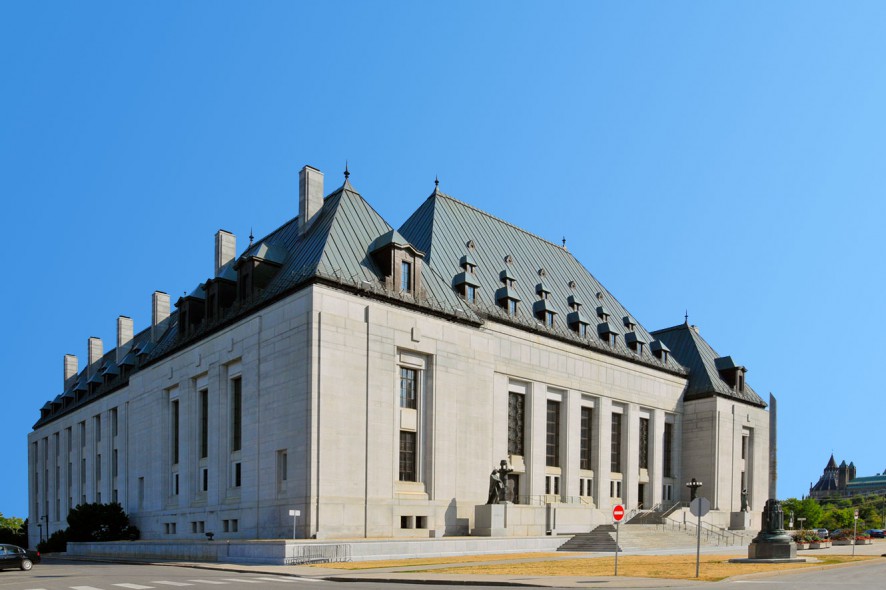City of Nelson held responsible for injuries caused by its snow clearing decisions: Is it true?
Supreme Court of Canada: While focusing on Canadian tort law and duty of care Coram of Wagner C.J. and Moldaver, Karakatsanis, Côté, Rowe, Martin and Kasirer JJ., decided that the City of Nelson owed a duty of care to a citizen who got injured due to the snow clearing decision of the City.
Background
Due to heavy snowfall, the city started plowing and sanding streets pursuant to its written snow clearing and removal policies and unwritten practices.
Among the tasks completed by city employees was the clearing of snow in angled parking stalls on streets located in the downtown core. Employees plowed the snow to the top of the parking spaces, creating a continuous snowbank along the curb that separated the parking stalls from the sidewalk. They did not clear an access route to the sidewalk for drivers parking in the stalls.
Negligence of the City
Taryn Joy Marchi parked in one of the angled parking stalls. She was attempting to access a business, but the snowbank created by the city blocked her route to the sidewalk. She decided to cross the snowbank and seriously injured her leg. Taryn Joy Marchi sued the city for negligence.
Trial Court’s decision
Trial Judge held that city did not owe a duty of care to Taryn Joy Marchi as the snow removal decisions were core policy decisions.
Court of appeal found an error in the trial judge decision and hence ordered for a new trial.
Analysis, Law and Decision
In the instant matter, respondent Taryn Joy Marchi suffered a significant physical injury on a municipal street, and by plowing the parking spaces on the street where the respondent parked, the city invited members of the public to use them to access businesses along the street.
Just category clearly extends to the prevention of injuries from snowbanks created by a government defendant on the roads and sidewalk.
City of Nelson could not prove that its decision to clear the snow from parking stalls in which respondent parked by creating snowbanks along the sidewalks without ensuring direct access to sidewalks was a core policy decision immune from liability in negligence.
Canadian Tort Law
Under the said law, there is no doubt that governments may sometimes be held liable for damage caused by their negligence in the same way as private defendants.
Supreme Court stated that the City could not show that the way it plowed the parking stalls was the result of a proactive, deliberative decision, based on value judgments to do with economic, social or political considerations.
The public interest is not served when ad hoc decisions that fail to balance competing interests or that fail to consider how best to mitigate harms are insulated from liability in negligence. Oversight of such decisions respects the respective roles of each branch of government under the separation of powers doctrine.
In view of the above appeal was dismissed and trial judgment was set aside.
Parting Words:
On duty of care, Court concluded that the impugned City decision was not a core policy decision and the City, therefore, owed Ms Marchi a duty of care.[Nelson (City) v. Marchi, 2021 SCC 41, decided on 21-10-2021]







